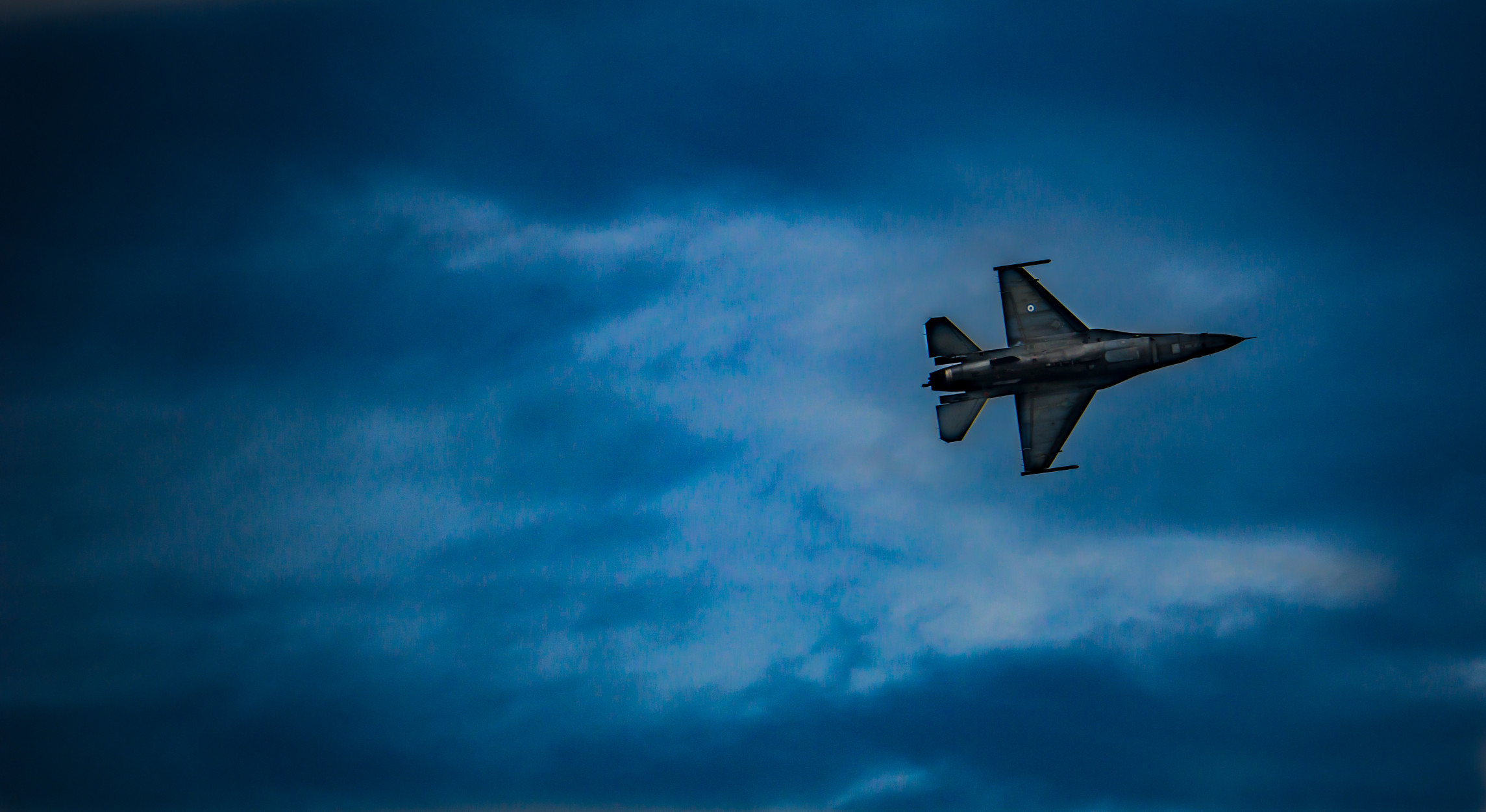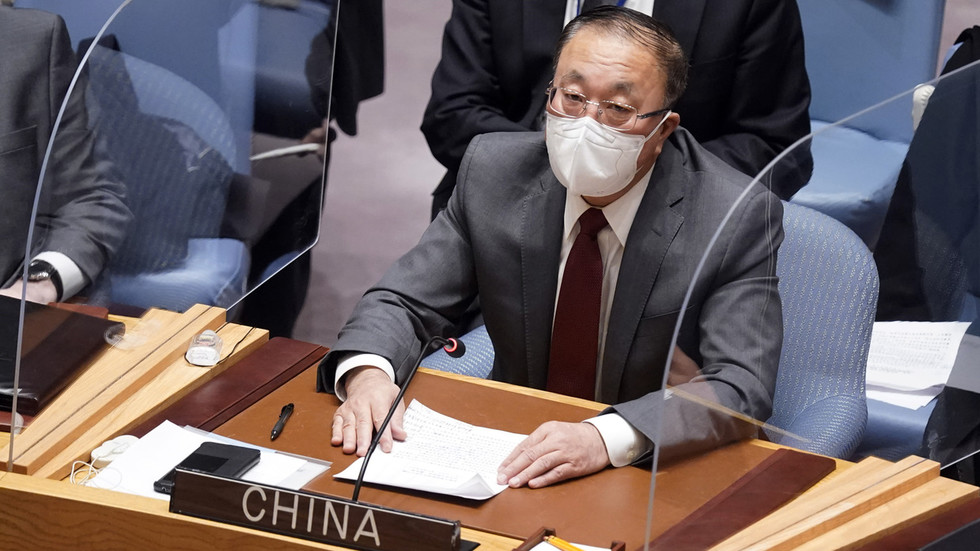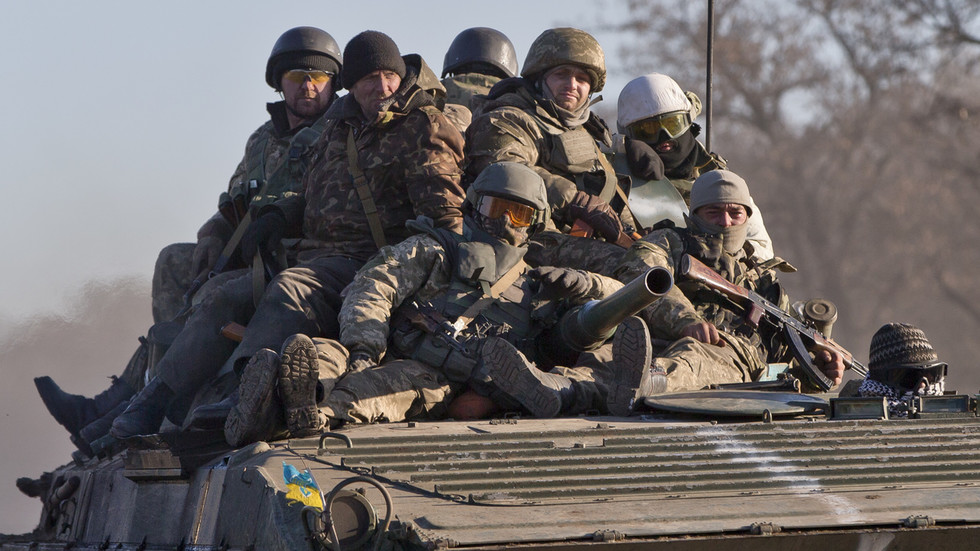Lengyelország Grom MANPADS-t, drónokat és lőszert adhat át Ukrajnának.....
A lengyel nemzetbiztonsági hivatal vezetője, Pavel Solokh azt is elmondta, hogy a légvédelmi lövedékek is szerepelnek a lehetséges szállítások listáján.
Hordozható "Thunder" légvédelmi rakétarendszer
© VoidWanderer/CC BY-SA 4.0/Wikimedia Commons
VARSÓ, február 1. /TASZ/. A lengyel hatóságok készek védelmi fegyvereket szállítani Ukrajnának, beleértve a "Grom" (Grom) lengyel hordozható légvédelmi rakétarendszert, pilóta nélküli légijárműveket, légelhárító lövedékeket és egyéb lőszereket. Ezt jelentette be kedden egy tájékoztatón, mielőtt Kijevbe repült volna, Mateusz Morawiecki miniszterelnök.
A tervezett szállításokkal kapcsolatos újságírói kérdésekre válaszolva a lengyel kormányfő elmondta, hogy "lőszerről, Gromsról és különféle típusú drónokról van szó, amelyeket szintén védelemre szánnak".
A
Polsat TV adásában tévécsatorna adásában a lengyel Nemzetbiztonsági Hivatal vezetője, Pavel Solokh arról is tájékoztatott, hogy a légvédelmi lövedékek is szerepelnek a potenciális szállítmányok listáján.
A lengyel hatóságok hétfőn bejelentették, hogy védelmi fegyvereket szállítanak Ukrajnának. Solokh szerint a lehetséges szállítások listáját átadták az ukrán félnek. Lengyelország választ vár Kijevtől, és kész minden szükséges dolgot bármikor és a lehető leghamarabb átadni.
A közelmúltban a nyugati országokban és Ukrajnában is nyilatkoztak az ukrán terület esetleges orosz inváziójáról. Dmitrij Peszkov orosz elnök sajtótitkára üres és alaptalan feszültségkeltésnek nevezte az ilyen információkat. Peszkov hangsúlyozta, hogy Oroszország nem jelent veszélyt senkire. Ugyanakkor nem zárta ki a provokációk lehetőségét az ilyen kijelentések igazolására, és arra figyelmeztetett, hogy a délkelet-ukrajnai válság erőszakos megoldására tett kísérletek járnának a legsúlyosabb következményekkel.
Глава Бюро национальной безопасности Польши Павел Солох также сообщил, что в список потенциальных поставок вошли зенитные снаряды

tass.ru






 dolgozok most párral de ahol én megfontoltan mozgok 100 méteren ezek ugrálnak mint majmok a dzsungelben! Nincs semmi félelem érzetük ezért hullanak is mint a legyek. Na most is ez van csak nagyba
dolgozok most párral de ahol én megfontoltan mozgok 100 méteren ezek ugrálnak mint majmok a dzsungelben! Nincs semmi félelem érzetük ezért hullanak is mint a legyek. Na most is ez van csak nagyba


